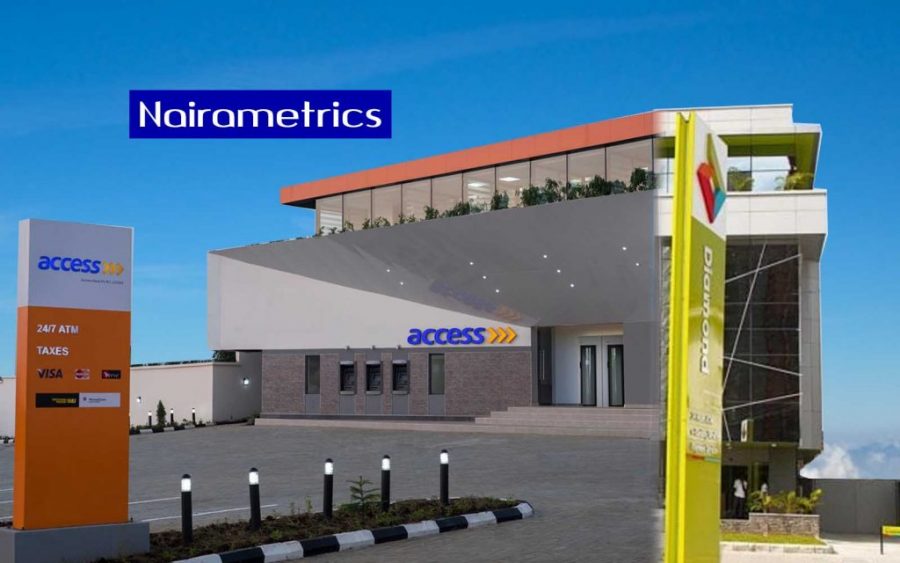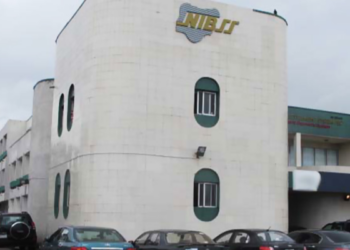Upon hearing that the bank you do all your monetary transactions with is being acquired by or merging with another bank, your first thought goes to your money. Of course that is understandable because your heart is always where your money is.
Is your money safe? What would happen to your different savings accounts or your other investment portfolios with the bank? Will you have to go through any long procedure with unifying your accounts (especially if you bank with both the bank acquiring and the one that is being acquired)? Would the transition favour you as well (as the customer)? These are some of the questions that might bug your mind. First, let’s scratch the surface of this thing called bank merger or bank acquisition.
READ: Access Bank vs. Seplat: Of subterfuge and corporate brutality
Understanding bank acquisition or bank merger
These two terms are often interchanged in a way that their true meanings become confusing to people who aren’t familiar with these business terms.
Companies in the same industry often merge into one company to enhance the kind of value they are adding to the economy and the people they are serving. And banks do merge too. Such merges theoretically create two equal partners in a new joint organization.
READ: Buhari proposes sweeping changes to tax laws in 2019 Finance Bill
Acquisition, on the other hand, involves the purchase of a bank by another bank, causing the acquired bank to cease to exist as all the assets of the acquired bank will be owned by the bank acquiring it. Another word for this corporate move is called take over. Oftentimes, in a bid to save face, some of these acquired banks term it as a merger, which in fact is not correct, based on the nature of changes that an acquired bank goes through, compared to banks that merge.
READ: Honeywell seeks supreme court review over alleged N3.5 billion debt
In simpler terms, if the overall operational management is decided by the acquiring bank, then you are dealing with a bank that is being acquired. If two banks are consolidating into one new bank with new ownership, management structure and members as well as a new name (where both names of the merging banks cease to exist), then you are dealing with banks that are merging.
READ: Is this proof that Access and Diamond Bank broke the disclosure rules?
Now that we’ve gotten that out of the way, let’s consider the core possible reasons why mergers or acquisitions occur, as well as the benefits and dangers (to you as the customer).
Possible reasons for mergers or acquisitions and what to expect
There are quite a number of reasons why these corporate strategies occur often. The most common reason is scalability of service to yield more returns and the need to manage operational costs
efficiently. In all, the customers are very important because without their money, banks cannot fully function, so every corporate move like this is aimed at satisfying customers and getting more.
READ: Jitters as Nigerian banks brace up for more loan provisioning
As the customer, you will be concerned about what to expect and how these changes will affect you. You should know that during a merger or acquisition, banks make a lot of modifications to the operational structure which may see a rise and fall in account rates for various savings options and bank fees for certain services. Also, some products might cease to exist, or be stripped of some benefits and replaced with new ones.
READ: Sterling Bank reveals N215 billion sequestered by CBN as CRR Debits
You can also expect to see improved customer service, proximity to branches of the bank as well as ATMs, or accessibility to more banking services. In other words, expect both good and bad.
Now that you understand what’s at stake, you need to know how to protect your deposits.
READ: Why intelligent investors are secretly buying Bitcoin
Four Simple Ways to protect your deposits
1. Keep in touch with local news about your bank
There is really no need to panic about your deposits or investments with the bank, but you need to learn everything that you can about the merger or acquisition. Keep your ears to the ground about the bank where your deposits are and the one acquiring (or merging with) the bank. This way, you are on top of every single thing going on with the banks. If you have made friends with a few bank staff, they can serve as “moles” for you, giving you intel that would help you make better decisions about your deposits. If you have connections with people in the banking industry, keep a close tab on them, ensure you ask all the right questions about the bank and other things happening in the banking industry that will be relevant to you. If you know people who also have accounts in that bank, chat them up often to get updates.
READ: Kuda Bank: Changing the face of banking for the millennial
2. Be on the look out for changes
Irrespective of whether the bank is merging with another or being acquired by another bank, there will definitely be changes. Just concern yourself with changes that affect the kind of banking services you will be getting. Keep sentiments aside and focus on what you stand to benefit as the customer. During these changes, some banks might do well by informing depositors, others let the changes creep up on them. If you are paying more for service charge as a result of the changes, and you are not comfortable with this, you can decide to switch to another bank that charges less with great services. Or you can make enquiries first about other similar services that you can consider that will suit you before switching. In most cases, banks going through such changes tend to put forward interesting offers just to keep their customers’ interests and gain loyalty during such restructuring. However, if there is going to be minor or major changes to how any kind of account you have with the bank will operate, banks are legally required to disclose it, so always read emails sent to you. If there is any change you are not
READ: Union Bank canters onward despite gallop from COVID-19
comfortable with, you have the right to close your account and move your deposits to a bank you are more comfortable with. If you aren’t ready to deal with the long procedure of closing an account just do an electronic transfer of your deposits to another bank rather than cashing it out (especially if you have large sums, to avoid being robbed).
READ: Bill to assist banks recover bad loans scales through 2nd reading in Senate
3. Leverage on the changes
While some see change as an opportunity to take to their heels, others see it as an opportunity to leverage. While a merger or acquisition might seem like a good corporate move for the great banks, in a secret place in their heart (assuming banks have one), they are walking on eggshells because of the possibility of losing bigger accounts as a result of the changes. These banks will definitely want to focus on keeping such long term accounts with very deep pockets for their own stability at all costs. So, if you have such “bank shaking” deposits you might want to consider leveraging on this by negotiating a better service deal with that will favor you (of course this is not something that you do over the counter).
READ: Access Bank and Union Bank refute acquisition rumours, but history contradicts claims
4. Prepare yourself in order to avoid any painful surprise
If you decide to stick with the bank, sentiments aside, don’t expect it to be a smooth ride. Although all financial institutions in Nigeria are expected to be insured by NDIC (Nigeria Deposit Insurance Corporation), not all are. So be sure to verify if the bank in insured by NDIC (look out for the logo wall stickers of NDIC within banking halls) and make enquiries about the types of deposits insured, because NDIC doesn’t insure all. Also, you need to take some precautionary measures to protect your deposits, irrespective of whether the bank is insured by NDIC or not. If you have authorised a third party software or app to make automatic direct debits from your account or your debit cards, now would be a good time to unauthorise it and manually do it until you are certain that the bank has settled well. Banks going through mergers or acquisitions are likely to experience some setbacks like debit cards issues (so keep enough cash at hand or do an electronic transfer to another bank that you already use, and use their debit card temporarily). Also, download a copy of your bank statement if you can or look through your bank statement sent via email, take screenshots and store as a PDF file. This is just to protect yourself, in case the banks experience issues with their database during these changes (which rarely happens). This way, you can have evidence to backup up your claims if you notice any incorrect account balance or loan balance.
READ: Access Bank and Union Bank refute acquisition rumours, but history contradicts claims
This article was written by Adesola Osota, and SEO Research Writer and content creator for niche-based sites.















.gif)






